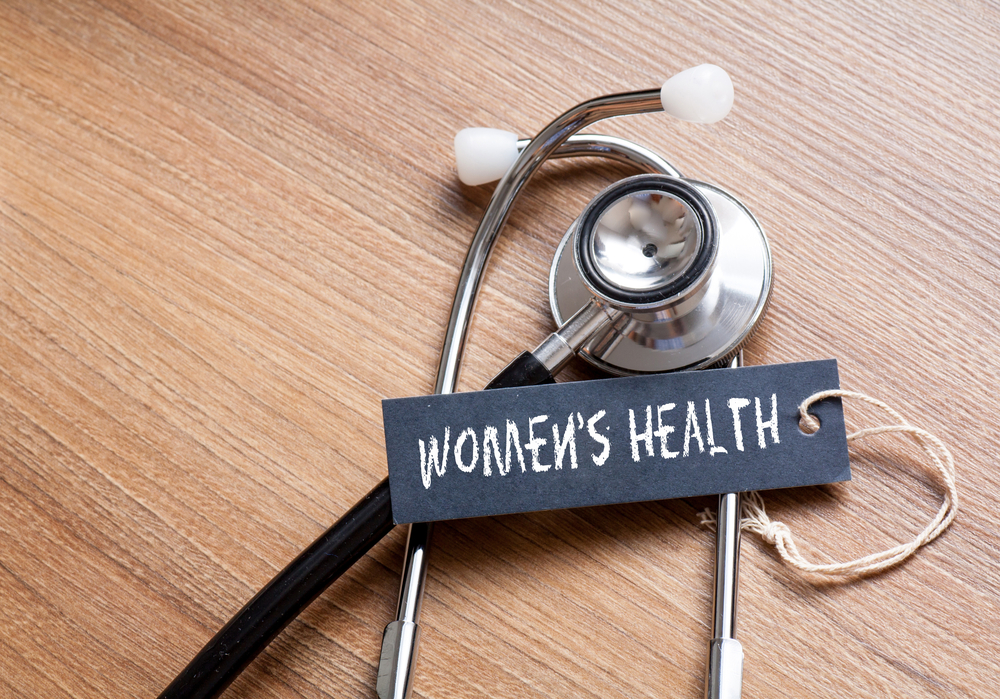
Polycystic Ovarian Syndrome (PCOS) can affect up to 20 percent of women and is a major cause of infertility. Women with PCOS among other issues, have an increase in circulating levels of hormones such as testosterone and oestrogen. Symptoms of PCOS include infertility, cystic acne, male pattern hair growth, poor blood sugar regulation, depression, anxiety and disordered eating patterns, to name a few. PCOS can occur in both overweight, normal weight or underweight women.
Some interesting findings suggest a link between PCOS and the onset of the eating disorder Bulimia nervosa. Not only that, but women with PCOS are at an increased risk of developing gallstones or digestive issues stemming from poor gallbladder function. The link between these may lie in the hormone known as cholecystokinin (CCK).
CCK is a hormone that plays an important role in regulating appetite, digestion, metabolism and blood sugar. When we eat, CCK is released from the small intestine in response to a meal, and causes contraction of the gallbladder to release bile (for fat digestion), stimulates pancreatic enzyme release and inhibits gastric emptying.
In PCOS the release of CCK has been noted to be impaired. This may be due to the effect that certain hormones such as excess oestrogen have on suppressing CCK release. This excess of oestrogen is both due to endogenous oestrogen dominance and due to the oral contraceptive pill which, many women with PCOS are prescribed. This impairment in CCK release leads to poor appetite regulation which can cause someone to feel hungry after meals and craving sugar, and decreased bile release from the galbladder. These effects on gallbladder mean that women with PCOS are at an increased risk of developing gallstones, having difficulty digesting fats and developing nutritional deficiencies in fat-soluble vitamins (A, D, E and K).
Interestingly, studies done on women with bulimia nervosa have shown that CCK release in these individuals is often impaired and that this may play an important role in binge eating.
So what's the take home message of all these findings?
As I see it, women with PCOS may need extra support as far as supporting and regulating the release of CCK, in order to avoid gallbladder issues and disordered eating.
Fortunately, there are plenty of ways that naturopathy can help; both nutritional and herbal medicine offer a variety of ways to aid in CCK regulation.
Bitter herbs for example, work directly to stimulate CCK release from intestinal cells and have been shown to improve the insulin resistance that often causes PCOS.
For further reading on what causes PCOS I recommend reading these two great articles by fellow naturopath Lara Briden:
http://www.larabriden.com/the-surprising-truth-about-pcos/ and http://www.larabriden.com/treatment-for-4-types-of-pcos-tr…/
Yours in Health,
Micaela
References
Allahbadia, G & Merchant Rubina 2011, 'Polycystic Ovarian syndrome and impact on health', Middle East Fertility Society Journal, vol. 16.
Hirschberg, A, Naessen, S, Stridsberg, M, Bystrom, B & Holte, J 2004, 'Impaired cholecystokinin secretion and disturbed appetitie regulation in women with polycystic ovarian syndrome', Gynecological Endocrinolgy, vol.19.
Krepula, K, Bidzinska-Speichert, B, Lenarcik, A & Tworowska-Bardzinska, U 2012, 'Psychiatric disorders related to polycystic ovarian syndrome', Endokrynologia Polska, vol.62, n.6.
Lim, S, Norman, R, Clifton, P & Noakes, M 2009, 'Hyperandrogenemia, psychological distress, and food cravings in young women', Physiology & Behavior, vol.98.
Nader, S & Diamanti-Kandarakis, E 2007, 'Polycystic ovary syndrome, oral contraceptives and metabolic issues: new perspectives and a unifying hypothesis', Human Reproduction, vol.22, n.2.